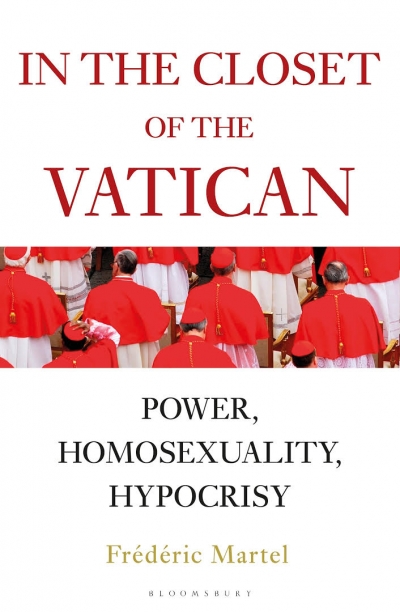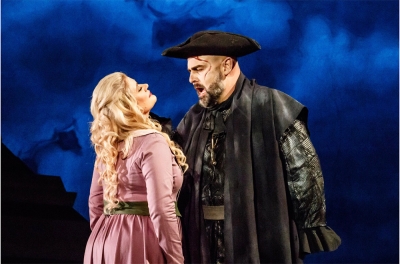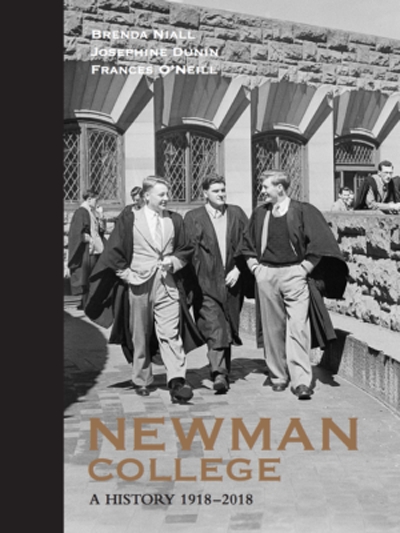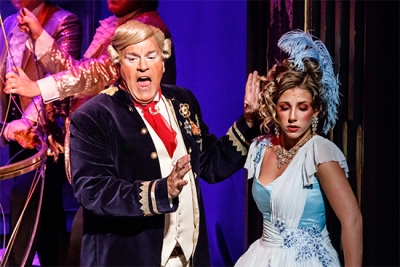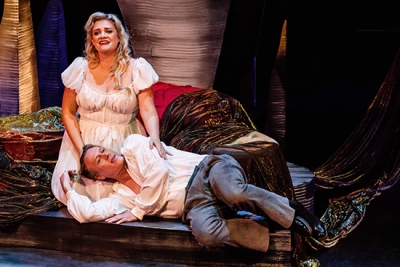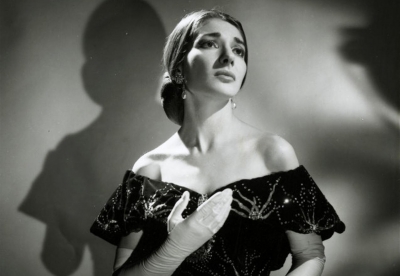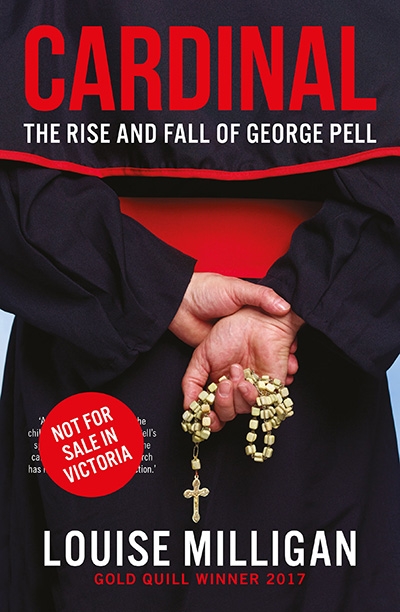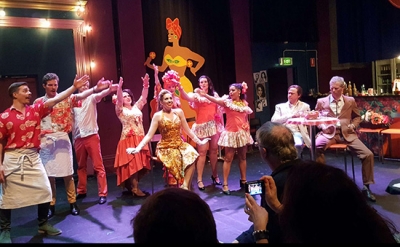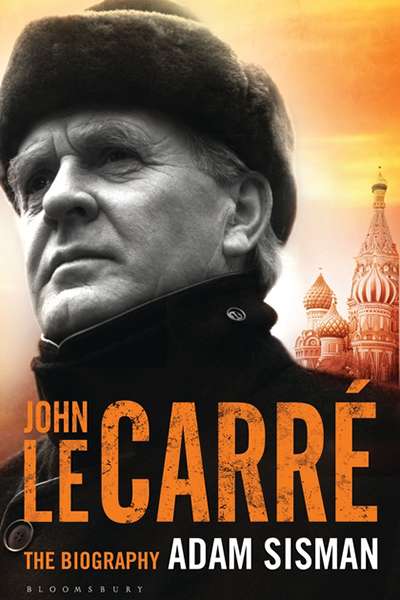Barney Zwartz

Barney Zwartz worked for The Age for more than thirty-two years until the end of 2013. His roles included chief sub-editor, letters editor, opinion editor and, for the last twelve years, religion editor. He now works as a media adviser, as a senior fellow for the Centre for Public Christianity and as a freelance journalist, writing especially about music. He is married to author Morag Zwartz.
It is easy to overlook – this side of The Ring and Tristan und Isolde – quite how radical Wagner’s first distinctly Wagnerian opera, The Flying Dutchman, really was. Written in Paris, where grand opera was utterly dominant, the opera broke with the form, style, and subject matter of grand opera and introduced Wagner’s own concepts.
In 1839 Wagner had gone to Paris, the nineteenth-century ... (read more)
Drive along College Crescent, the circular avenue that forms Melbourne University’s northern order, and you will see the series of sedate, handsome university colleges that line the edge: Newman, Queen’s, Ormond, Trinity, plus the newer women’s colleges of St Mary’s, St Hilda’s, and Janet Clarke Hall. The impression today of quiet élitism and learning may be just, but the weathered ston ... (read more)
Hugo von Hofmannsthal and Richard Strauss consciously set out to emulate Mozart in Der Rosenkavalier, and succeeded, creating not only the last great Romantic opera but the most perfect Viennese confection, and Strauss’s most-loved opera.
It was an immediate hit from its Dresden première on 26 January 1911. Dresden gave fifty performances within a year, all sold out, and special trains were ru ... (read more)
Tristan und Isolde, the opera in which Richard Wagner really took art in a new direction, is often described as the most important musical work of the nineteenth century. No lesser authority than Kobbé calls it the most influential opera in all musical history, while the great Wagner conductor Christian Thielemann says it is ‘the peak of operatic art, the opera of operas, the incunabulum, the k ... (read more)
Some singers – a gifted few – have voices that are so sumptuously individual that even one note instantly identifies them to the listener. In opera, Joan Sutherland and Luciano Pavarotti have that status, Dietrich Fischer-Dieskau in lieder, Elvis Presley and Louis Armstrong in rock and jazz. But none more so than Maria Callas, possibly the most celebrated soprano in history, who lit up the soc ... (read more)
George Pell is the most polarising religious leader Australia has had in recent decades, certainly since Daniel Mannix – perhaps since Samuel Marsden. For most of his career he has been loathed or adored for his sternly inflexible defence of a Catholic orthodoxy predating the second Vatican Council, his robust and sometimes courageous interaction with opponents inside and outside the church, his ... (read more)
I hope no one from Australia's various intelligence agencies is reading this, or they may be affronted. But for me, Our Man in Havana, Graham Greene's purported black comedy about an ingenious vacuum cleaner salesman deceiving Britain's MI6, has a marvellous ring of verisimilitude.
Indeed Greene, who worked for the spy agency for a while, got the idea from agents in wartime Portugal sending back ... (read more)
In 1852 Richard Wagner issued instructions to opera houses planning to stage Tannhäuser. It had closed after only four performances when it opened in Dresden in 1845 – conducted by the composer without most of the scenery, delayed in transport – but was now attracting wide attention. His essay (14,309 words in English translation) was typically didactic and punctilious, and he demanded comple ... (read more)
Of all the stories John le Carré has invented – more than a score of novels, nearly all bestsellers – his own is perhaps the most fascinating. It is dominated by two characters, le Carré himself (real name David Cornwell) and his father, Ronnie.
Biographers naturally pay close attention to the influence of their subjects' parents, but seldom can they encounter such extremes as Adam Sisman d ... (read more)

